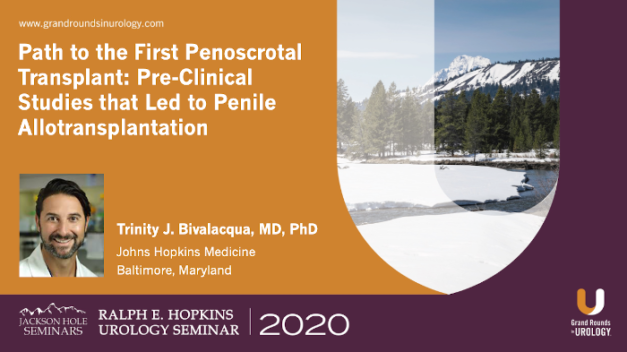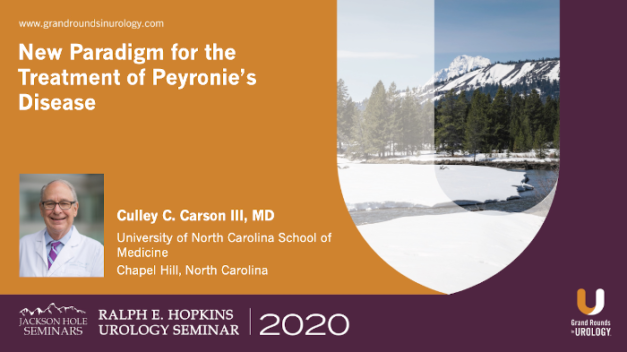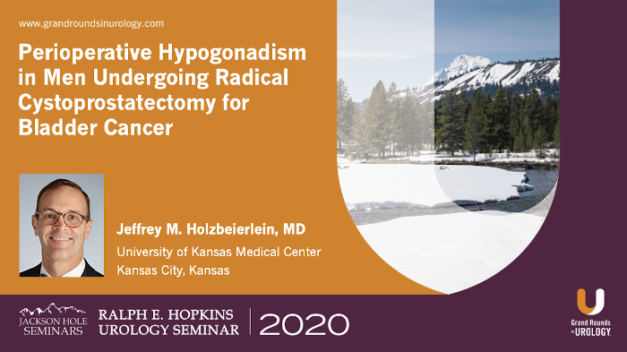Path to the First Penoscrotal Transplant: Pre-Clinical Studies that Led to Penile Allotransplantation
Trinity J. Bivalacqua, MD, PhD, Director of Urologic Oncology at the James Buchanan Brady Urological Institute of Johns Hopkins Medicine, discusses the groundbreaking penoscrotal implant surgery performed by a multidisciplinary team at Johns Hopkins Medicine in 2018. He explains their rationale for performing a procedure that many consider dangerous and unnecessary, saying that patients have a right to be normal and to decide on their own fate, and noting that they discussed the surgery with their patient, a military vet who lost his phallus from a blast injury, for years before operating. Dr. Bivalacqua goes on to summarize the pre-clinical cadaveric and ex vivo studies conducted before the procedure, emphasizing the important developments in increasing transplant tolerance and improvements in vascularizing penile allografts. He concludes by saying that the surgery was successful and thus far the graft has not shown rejection, but he notes that the procedure’s utility in clinical practice remains unknown.
Read More



